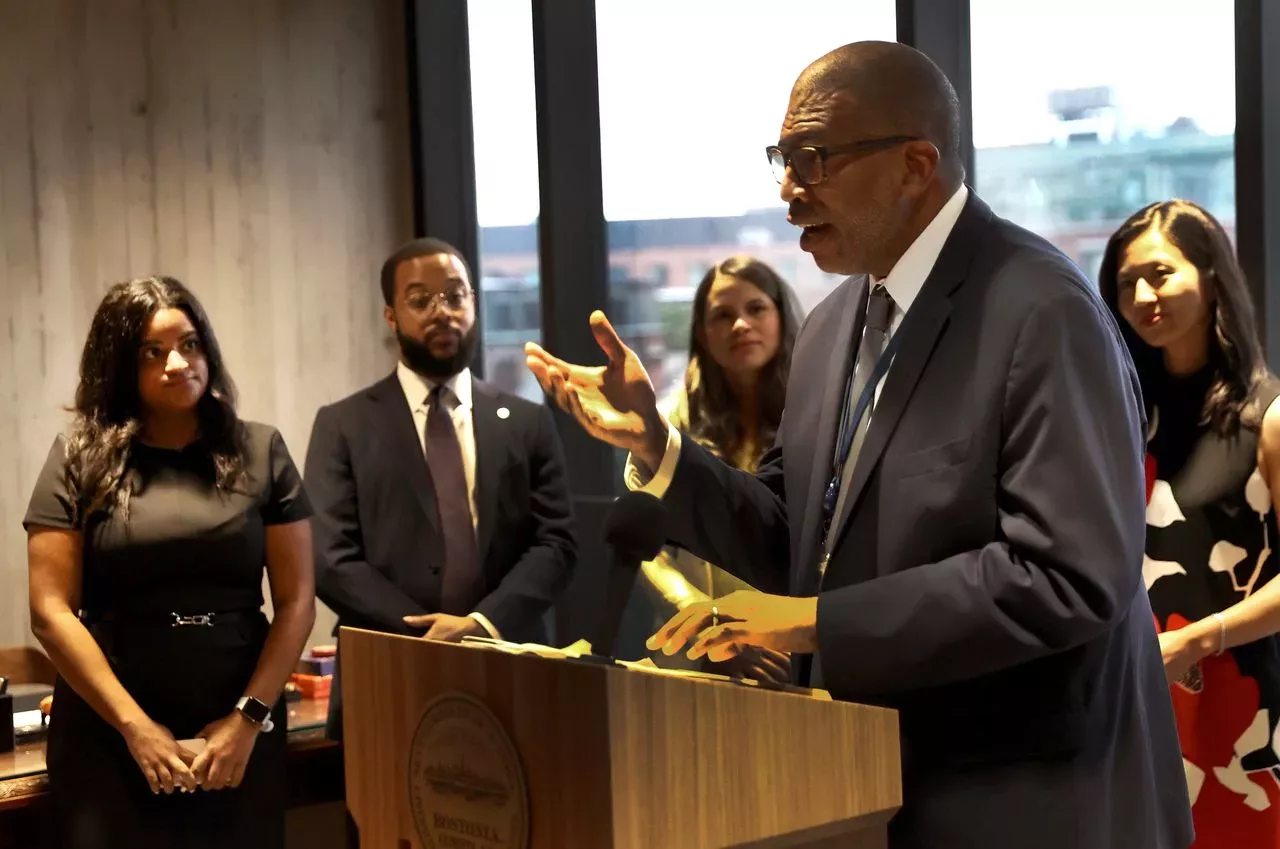In a first, Boston to urge developers to disclose diversity of project teams and investors

An effort spearheaded by a partnership between the BSA and the Civic Action Project has resulted in a new requirement that will ask developers to disclose who they’re working with on major real estate projects, as part of an effort to diversify the city’s largely white and male development industry.
(via the Boston Globe)
For the first time, Boston will ask developers to disclose who they’re working with on major real estate projects, as part of an effort to diversify the city’s largely white and male development industry.
The new policy, approved Thursday by the Boston Planning and Development Agency, falls short of the diversity requirements that some had been pushing, but signifies a major step toward allowing more communities to benefit from the city’s real estate boom, officials said.
Boston becomes the first city in the country to ask every private developer to disclose their commitments to diversity and inclusion, administration officials said. The hope is that disclosure, in and of itself, will prod development teams to diversify their ranks and their approach to projects. Eventually the policy could be incorporated into city zoning.
“This is about setting a standard across the board that this is an important metric of how development impacts our communities,” said Mayor Michelle Wu. “Not just in height and square footage, but in creating opportunities and building wealth in our communities.”
Former
Massachusetts Gaming Commission chairman Steve Crosby's group, known as the Civic Action Project, teamed up with
the Boston Society for Architecture to submit this concept to the BPDA
earlier this year.
“What they’re doing is taking the biggest step you can take short of mandating,” Crosby said. “Simply by raising it, it will make people think about it. It is bound to have some positive impact, simply by having a disclosure requirement rather than having an approval requirement.”

